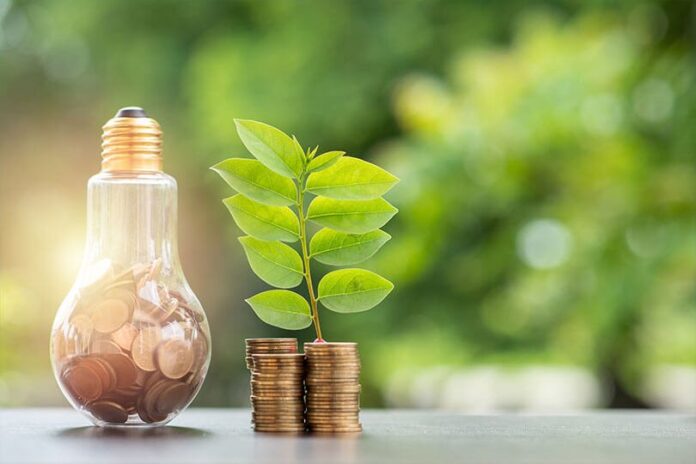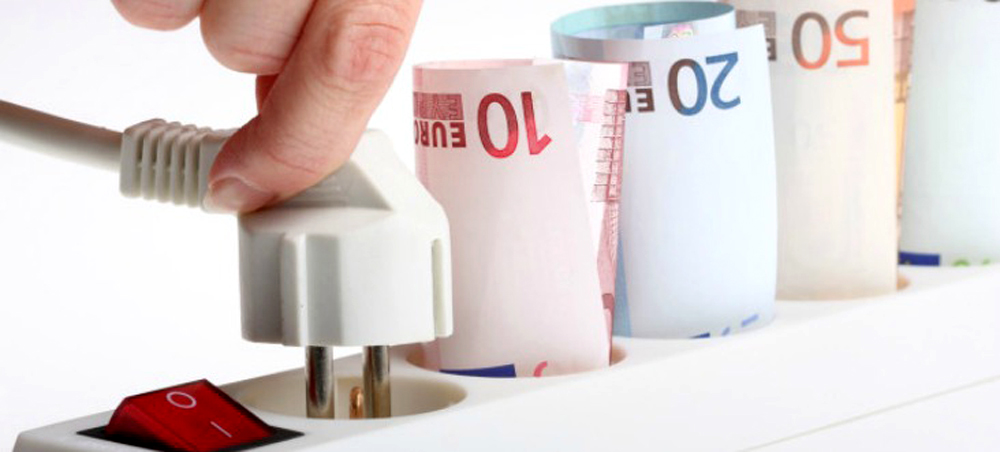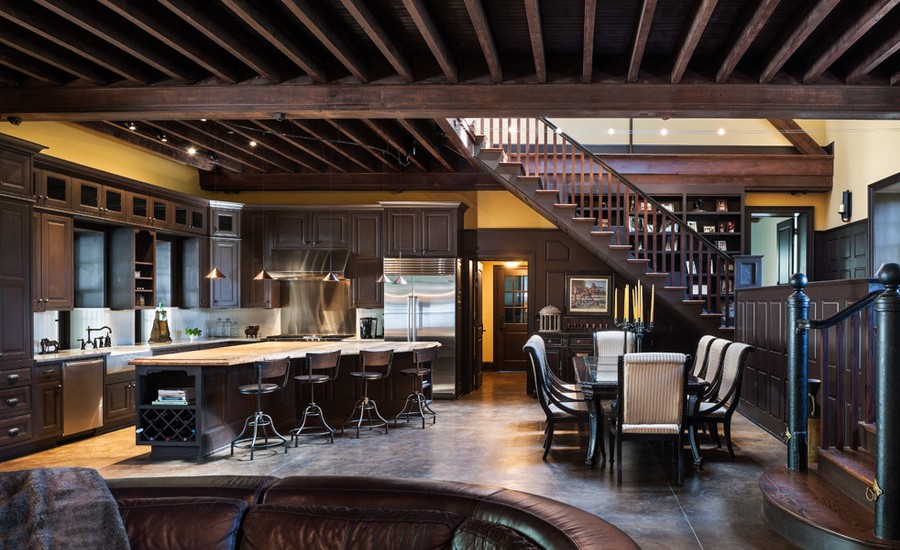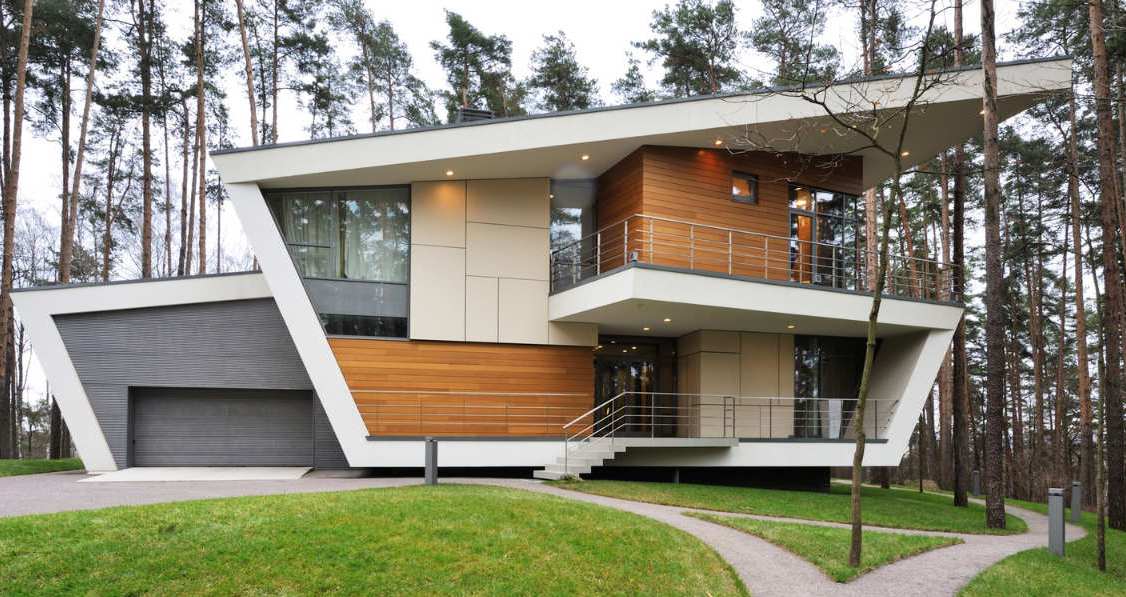Making your home more energy efficient will not only help to improve your impact on the environment, but also save you money on your household bills. So, how exactly can you make your home more energy efficient? We explore our top tips here.
Install energy-saving appliances
The first thing to do is look at the appliances you currently have in your home. Are they energy efficient? Or could you do with an upgrade? One of the most important appliances to consider is your boiler – as an energy-efficient system will hugely reduce the amount of energy you consume. If you want the most efficient, opt for one with an ‘A’ rating. You should also consider other appliances in your home, like air conditioning systems or ceiling fans. There are many simple swaps you can make to be more energy efficient, for instance choosing a ceiling fan with a DC motor rather than AC motor as they use much less energy. Companies like Allied Electronics sell a large variety of DC motors you could consider.
Aside from energy-saving appliances, homeowners can also invest in energy-efficient lighting fixtures. For instance, light-emitting diode (LED) bulbs are among the most efficient lights to use. They use much less energy than other types of light to generate the same amount of electricity. You can replace the lights of your appliances, furniture, and even your vehicle with LED bulbs to enjoy the energy savings they can provide for the long term.
Invest in quality insulation
Another important step in making your home more energy efficient is ensuring there’s sufficient insulation. This is because homes that have poor insulation will lose heat much faster than those with decent insulation, and therefore require a much higher amount of energy to keep warm. This is particularly important in the winter months! Focus on installing good quality insulation in your loft, and if you don’t already, get double glazed windows throughout the house. You’d be surprised what a big difference they make to the amount of heat that stays in!
The common ones include fiberglass, natural fibers, cellulose, mineral wool, and polyurethane when it comes to insulation supplies. Fiberglass insulation helps significantly reduce heating and cooling bills for an energy-efficient home. It also helps reduce noise from entering the home. On the other hand, natural fibers include cotton, hemp, straw, and wool.
In addition, polyurethane foam promotes waterproofing of the home due to its seamless and airtight insulation. It doesn’t leave gaps between the substrate and the insulation. Moreover, mineral wool is an excellent insulation option because of its heat and fire resistance. It retains shape and protects the home from the damaging effects of spreading flames.
Homeowners can buy insulation supplies UK online or in brick-and-mortar insulation supply stores. To ensure the best outcomes, they can seek the help of a professional insulation installer.
Consider more green alternatives
As you work to make your home more efficient, think about any greener alternatives that would work for you. For example, could you have solar panels fitted to your home to reduce the amount of energy you use from the National Grid? Or could you replace your shower head with an energy-efficient model that reduces the amount of water you use? The Energy Saving Trust say that in Britain, we “spend around £2.3 billion on heating water for showers” and our “dishwashers and washing machines cost £1.6 billion in electricity”. By making changes to more eco-friendly alternatives like solar panels, water-saving shower heads and green washing machine cycles, you can drastically reduce the amount of energy you use and the cost of your bills.
Why not take your first step to a more energy efficient home today?



















